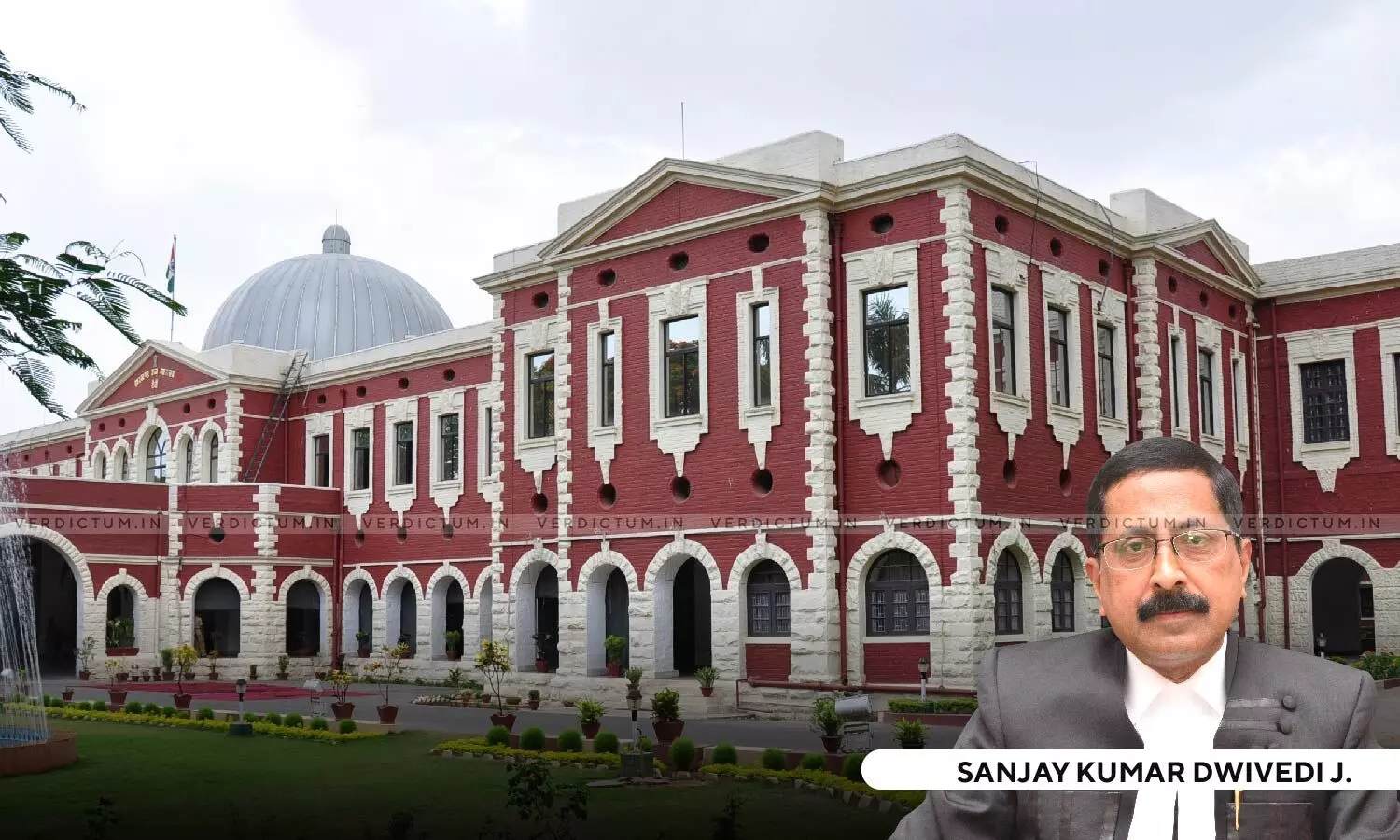
Magistrate Has No Power To Direct Re-Investigation In A Case Initiated Based On Police Report: Jharkhand HC
 |
|The Jharkhand High Court held that a Magistrate has no power to direct for re-investigation or fresh investigation in a case which is initiated based on the police report.
The Court held thus in a criminal petition filed for quashing the order of the Special Judge, Vigilance, Ranchi by which it issued non-bailable warrant of arrest against a man.
It relied upon the judgment in the case of Vinubhai Haribhai Malaviya and Others v. State of Gujarat and Another, (2019) 17 SCC 1.
A Single Bench of Justice Sanjay Kumar Dwivedi observed, “In the aforesaid judgment, it has been clearly held that a Magistrate has no power to direct for re-investigation or fresh investigation denovo in a case initiated on the basis of police report. In the case in hand, once even the said prayer is rejected by the learned court and again it was allowed by the another learned court which is not in accordance with law and further it has been observed on 06.12.2013 by way of only endorsement at the top of the letter of investigating agency and the court has been pleased to direct non-bailable warrant which further suggest that there is non-application of judicial mind.”
The Bench said that the spirit of Section 173(8) of the Criminal Procedure Code (CrPC) speaks to continuation of investigation but it bars re-investigation.
Advocate Saurabh Shekhar appeared on behalf of the petitioner while Spl. PP Priya Shrestha appeared on behalf of the State.
In this case, the Special Judge issued a non-bailable warrant of arrest against the petitioner based on a petition contained in a letter along with the Memo of Evidence filed by the Inspector of Police-cum-Investigation Officer of the case in which nothing was maintained that he had tampered the evidence or evading arrest of having allegation of heinous crime whereas the earlier final form was already submitted by the Deputy Superintendent wherein he was exonerated which was accepted by the Special Judge.
The cognizance was taken against seven other accused persons via an order by the Special Judge. The prayer was therefore made for quashing of entire criminal proceeding with respect to the petitioner which was pending before the Special Judge.
The High Court after hearing the contentions of the counsel noted, “It is well settled that liberty of any person cannot be taken away in light way and there are parameters of issuing such orders which is not followed.”
Accordingly, the High Court allowed the petition and directed the Special Judge to proceed against the other accused persons against whom trial was pending.
Cause Title- Yogendra Prasad Singh v. The State of Jharkhand and Another